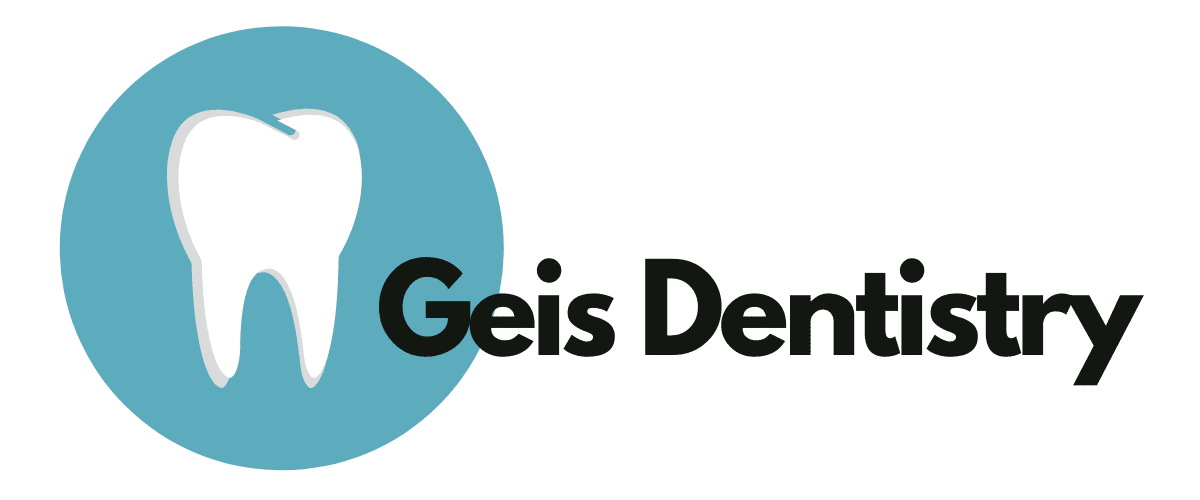Are you aware of the impact that nutrition has on your dental health? At Geis Dentistry, we believe that proper nutrition is essential for maintaining healthy teeth and gums. In this post, we will discuss the nutrition essentials for dental health and how they can benefit your overall oral health.
Importance of Calcium for Teeth
Calcium is an essential mineral that plays a crucial role in maintaining healthy teeth and bones. It is the primary component of tooth enamel, which is the hard, protective outer layer of the teeth. Calcium helps to strengthen tooth enamel and prevent tooth decay by neutralizing harmful acids that can erode the enamel. In addition, calcium also helps to maintain the density and strength of the jawbone, which is important for supporting the teeth.
A diet that is rich in calcium is essential for maintaining good dental health. Foods that are high in calcium include dairy products, leafy green vegetables, almonds, and fortified cereals. It is also important to ensure that you are getting enough vitamin D, which helps the body to absorb calcium. Effective Strategies for Tooth Decay Prevention, such as regular brushing and flossing, and visiting the dentist for regular check-ups, can also help to maintain good dental health. By incorporating calcium-rich foods into your diet and following effective tooth decay prevention strategies, you can help to ensure that your teeth remain healthy and strong for years to come. Don’t forget to check out our article on Effective Strategies for Tooth Decay Prevention for more tips and advice.
Foods that promote healthy gums
Maintaining healthy gums is crucial for good dental health. Certain foods can help promote healthy gums by providing essential nutrients that support gum health. Foods rich in vitamin C, such as oranges, strawberries, and kiwis, can help prevent gum disease by strengthening the blood vessels and connective tissues in the gums. Leafy greens like spinach and kale are also great sources of vitamin C and other nutrients that promote gum health.
Foods high in omega-3 fatty acids, such as salmon and walnuts, can also help reduce inflammation in the gums and prevent gum disease. Additionally, foods rich in calcium, such as dairy products and leafy greens, can help strengthen teeth and gums. Incorporating these foods into your diet can help promote healthy gums and prevent dental problems. For more information on children’s dental health, visit Gentle Dentistry for Aurora Kids.
Sugar’s Impact on Oral Health
Consuming too much sugar can have a negative impact on your oral health. When sugar is consumed, it interacts with the bacteria in your mouth to produce acid. This acid can erode the enamel on your teeth, leading to cavities and tooth decay. Additionally, sugar can contribute to the growth of harmful bacteria in your mouth, which can lead to gum disease. To maintain good oral health, it’s important to limit your sugar intake and practice good oral hygiene habits, such as brushing and flossing regularly.
Benefits of Drinking Water for Teeth
Drinking water is essential for maintaining good oral health. It helps to wash away food particles and bacteria that can cause tooth decay and gum disease. Water also helps to neutralize the acids in your mouth that can erode tooth enamel. Additionally, drinking water can help to stimulate the production of saliva, which is important for keeping your mouth moist and preventing dry mouth. So, make sure to drink plenty of water throughout the day to keep your teeth healthy and strong.
Role of Vitamin D in Dental Health
Vitamin D plays a crucial role in maintaining dental health. It helps in the absorption of calcium and phosphorus, which are essential for strong teeth and bones. Vitamin D deficiency can lead to weak teeth, gum disease, and tooth decay. It also helps in reducing inflammation and promoting the immune system, which can prevent oral infections. Foods rich in vitamin D include fatty fish, egg yolks, and fortified dairy products. Sun exposure is also an excellent source of vitamin D. It is recommended to get at least 600-800 IU of vitamin D daily to maintain optimal dental health.
Conclusion
Prepare for your first dental visit with Geis Dentistry by following our guide, and don’t hesitate to call us at 303-750-4250 with any questions or concerns. Check out our Google Maps reviews here: https://goo.gl/maps/Uj9MsRdbE6eoknB39.
